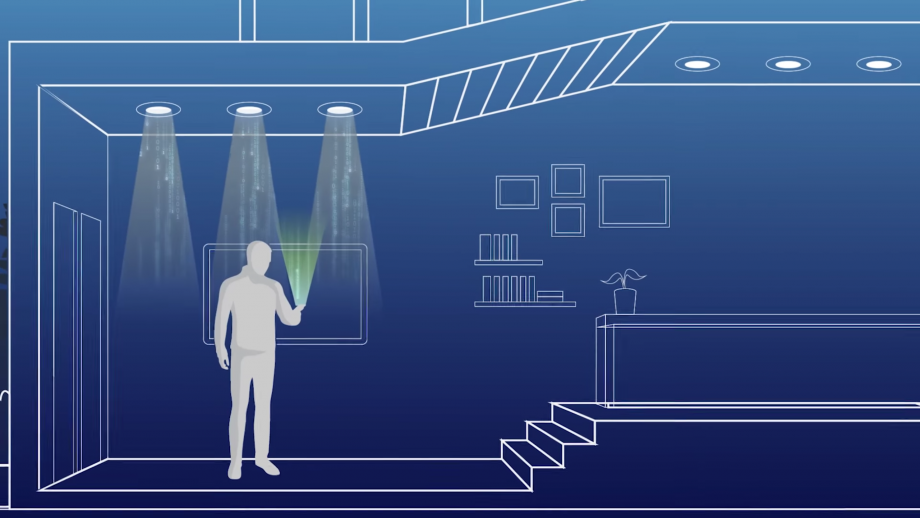O2 trials Wi-Fi alternative that uses light bulbs to transmit data

In partnership with LiFi, O2 has set up a trial to transmit internet data using LED light bulbs rather than the traditional radio waves sent out by routers.
The system, which uses pureLiFi’s LiFi-XC system, adjusts the bulb’s brightness to communicate data. This change in brightness is invisible to the human eye, but can be picked up by a receiver on the phone, which is then able to send back data using its own transmitter.
Related: Best router
It’s a pretty neat system that theoretically offers 1000 times the data density of traditional Wi-Fi, while eliminating the traditional problems with interference that all wireless transmission standards experience.
It’s also incredibly location-specific, meaning that if you’ve got the system installed in an office unit in a shared building, then you’re not going to find your network clashing with the other offices around you.
One for the professionals
While O2 claims that this transmission method “has the potential to serve as a serious contender to Wi-Fi”, we’re skeptical this LiFi will ever be something you’ll actually end up installing in your home. It just doesn’t seem as versatile as Wi-Fi.
The biggest problem is range. It’s already pretty annoying when Wi-Fi’s radio signals are blocked thanks to thick walls, but light is blocked by far less.
That said, pureLiFi argues that this means that LiFi is much more secure than Wi-Fi. After all, you couldn’t access someone’s network without being in the room with them.
Related: Best smartphone
Even once you’re in the room with the LiFi-equipped light bulb, you still have to consider how the bulb is actually connected to the internet. Most modern smart bulbs use Wi-Fi or some other wireless transmission standard, although Ethernet cabling is also an option.
We’ll be very interested to see where O2 takes this partnership next. Clearly LiFi has its advantages, but it’s also got some very specific drawbacks which means that it won’t work everywhere.
Would you ever use your light bulbs to transmit internet data? Let us know @TrustedReviews.


